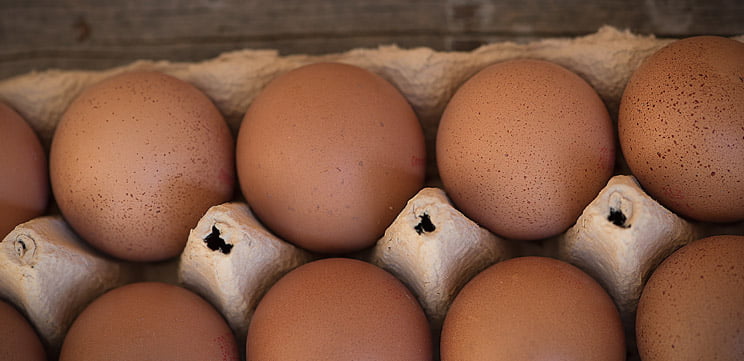The egg farming industry, with expected revenue of $759.6 million for 2015-16, is seeing a shift towards free-range eggs at all stages of the supply chain, according to IBISWorld research.
IBISWorld anticipates that over the five years to 2015-16, free-range egg production will have grown at an annualised 12 per cent. Conversely, caged-egg production has stagnated in the same period.
According to IBISWorld Senior Industry Analyst Brooke Tonkin, rising concern among consumers about the treatment of animals in food production has contributed to rapidly rising production of free-range eggs.
“Consumers are becoming increasingly willing to pay a higher amount for food they believe is of higher quality and ethically produced,” she said.
Changing spending habits and an increasing push from customers for the sourcing of ethically produced livestock products have prompted the major supermarkets to respond. Coles no longer sells cage eggs under its private label brand and Woolworths has committed to phasing these out by 2018. ALDI recently announced that it would phase out cage eggs in its stores by 2025.
“This has led to a marked decline in the proportion of egg production made up by cage eggs, with cage-egg farmers switching to free-range or barn-laid egg production to ensure that they can continue selling to major supermarkets,” Ms Tonkin said.
Despite a new national standard for free-range egg production announced in March 2016, concerns remain about whether consumers are getting true free-range eggs when they purchase eggs labelled as such.
“The new standards allow for 10,000 hens per hectare during free-range egg production,” Ms Tonkin said. “This makes it easier for farmers to invest in new free-range production facilities with greater confidence. However, Choice Australia and the RSPCA have criticised the new standard.”





